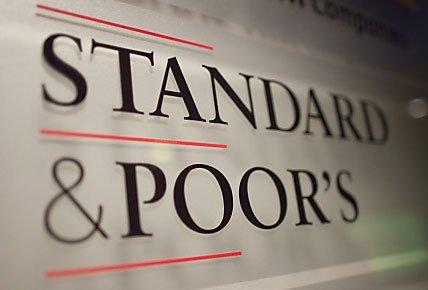
Commodity Exporting Countries Benefit as Russia’s Default Looms
The US banned Russia from making payments on its hard-currency bonds with reserves that are subject to the US asset freeze. When Russia initiated the maturity payment on a US-dollar bonds, due April 4, by placing Russian rubles into the relevant custody account, Standard & Poor’s declared a selective default. Russia has a 30-day grace period, raising the possibility that it will be declared in default before 25 May, when a US license for Russia to make payments to existing bondholders expires. As a result, the price difference between bonds on which Russia can make payments in rubles and those on which it cannot narrowed.
EM local-currency bond yields rose, in line with those in developed markets. But in contrast to developed markets, EM local-currency yield curves mostly continued to flatten. Inflation data in Brazil, Chile, and Mexico came in higher than expected, so bond yields there may rise further still. EM currencies continued to weaken, relative to the US dollar. The theme of commodity exporters outperforming importers stalled last week and, instead, EM currencies appeared more sensitive to rises in inflation-adjusted rates. We maintain a long US-dollar bias.“
PGIM
Große Gallusstraße 18
60312 Frankfurt am Main
Telefon: + 49 (69) 244 341 730
https://www.pgim.com/
Senior Consultant TE Communications GmbH
Telefon: +49 (69) 29801-411
E-Mail: mwu@te-communications.ch
![]()




